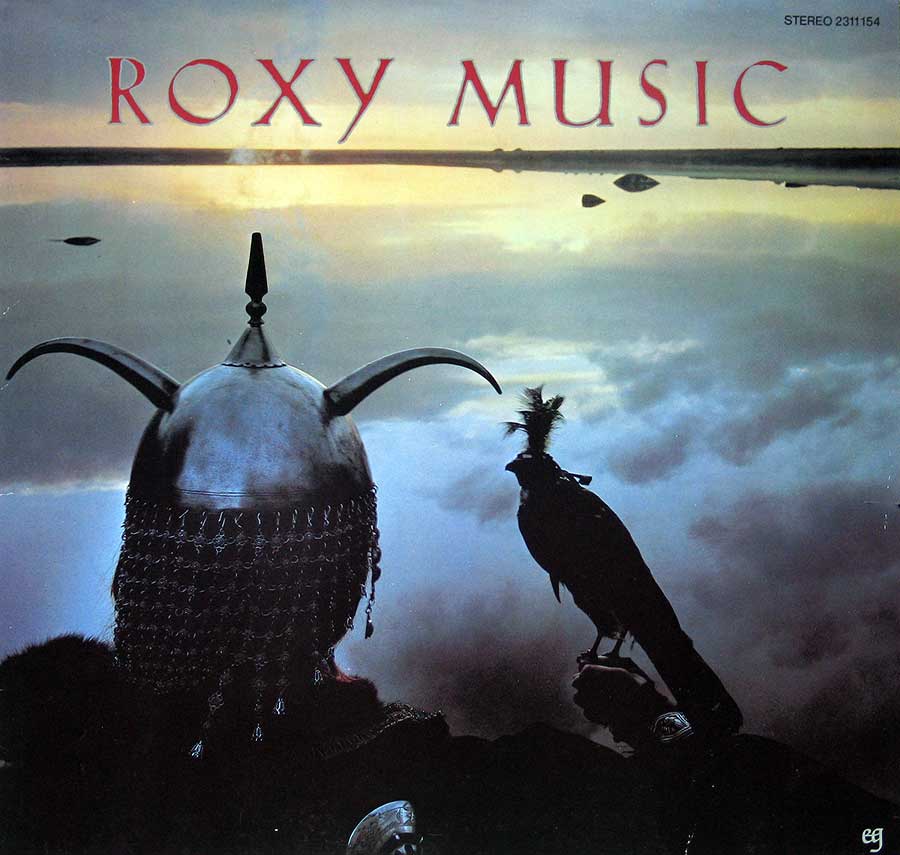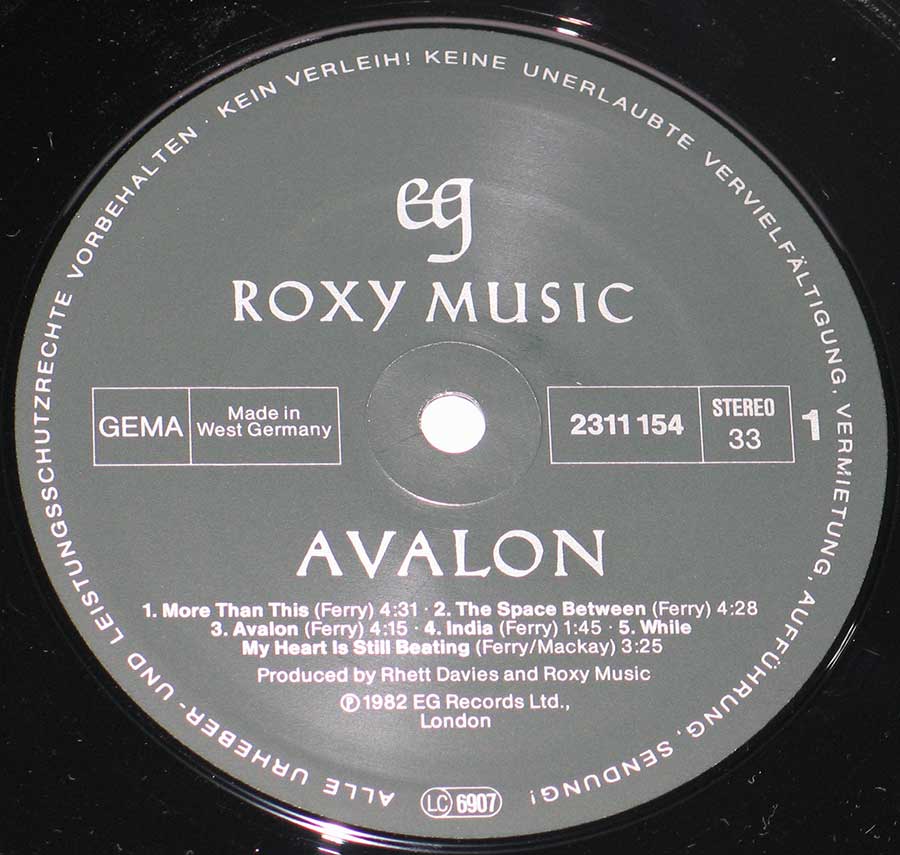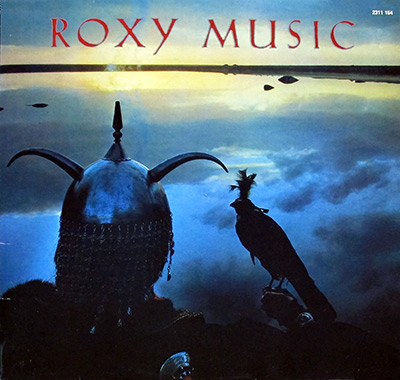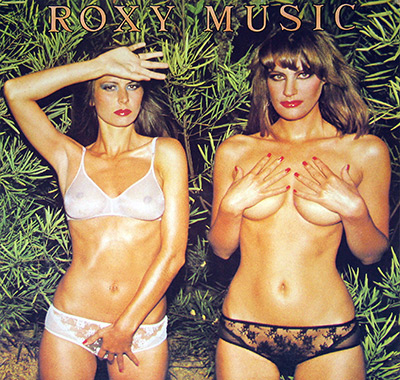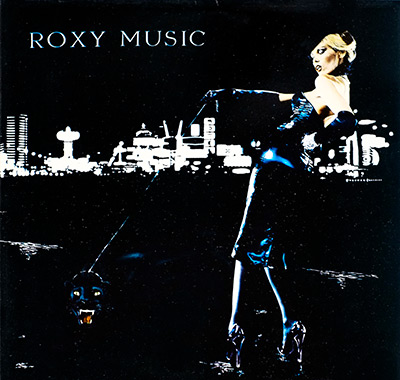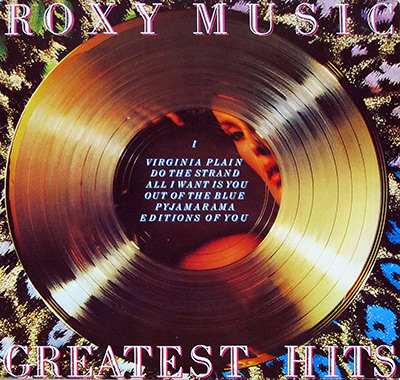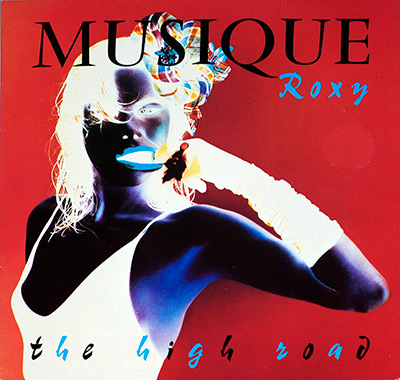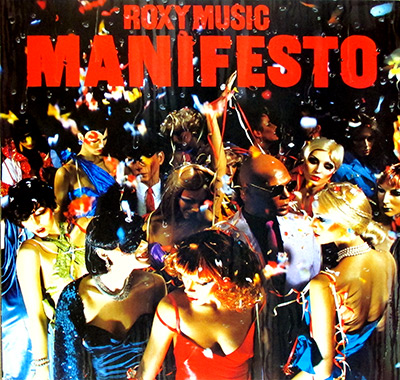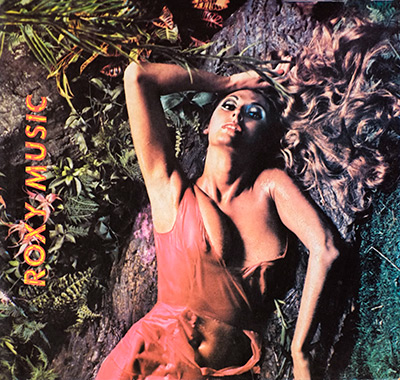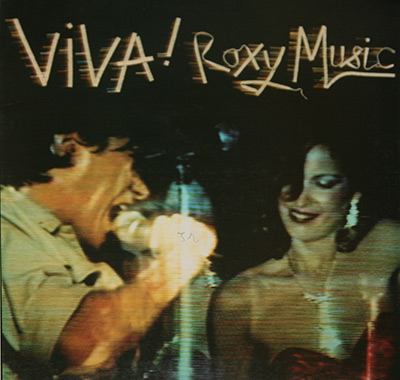Art rock musicians aimed to create music that was intellectually stimulating and artistically expressive. They often embraced a wide range of influences and drew inspiration from diverse sources, including literature, visual arts, and philosophical concepts. By blending different styles and experimenting with musical techniques, art rock bands created a sound that was both sophisticated and innovative.
One of the defining features of art rock is its emphasis on musical complexity and instrumental proficiency. Bands would often employ intricate arrangements, unconventional time signatures, and extended song structures, challenging the traditional verse-chorus format of mainstream rock. This allowed for a more dynamic and expansive musical landscape, giving artists the freedom to explore a wide range of moods and emotions within a single composition.
Lyrically, art rock often tackled unconventional themes and explored philosophical and introspective concepts. The lyrics were often poetic and laden with symbolism, reflecting the influence of literature and poetry on the genre. Art rock songs frequently delved into introspection, existentialism, social commentary, and surreal imagery, offering listeners a deeper and more thought-provoking experience.
Several influential bands and artists have contributed to the development and popularization of art rock. Progressive rock bands like Pink Floyd, Genesis, Yes, and King Crimson pushed the boundaries of rock music with their epic compositions, intricate instrumentation, and conceptual albums. David Bowie, with his ever-evolving musical style and theatrical stage presence, incorporated art rock elements into his music, blurring the lines between rock, pop, and avant-garde.
Other notable art rock artists include Roxy Music, with their blend of glamour, artifice, and musical experimentation; The Velvet Underground, who combined avant-garde sensibilities with rock and roll; and Kate Bush, known for her ethereal vocals, poetic lyrics, and eclectic musical arrangements.
The influence of art rock can be seen in subsequent genres and movements, such as post-punk, new wave, and alternative rock. Many contemporary bands continue to draw inspiration from the art rock tradition, incorporating experimental and progressive elements into their music.
Overall, art rock represents a fusion of musical creativity, intellectual exploration, and artistic expression. Its emphasis on innovation, complexity, and lyrical depth has left a lasting impact on the evolution of rock music, expanding its boundaries and inspiring generations of musicians to push the limits of popular music.
